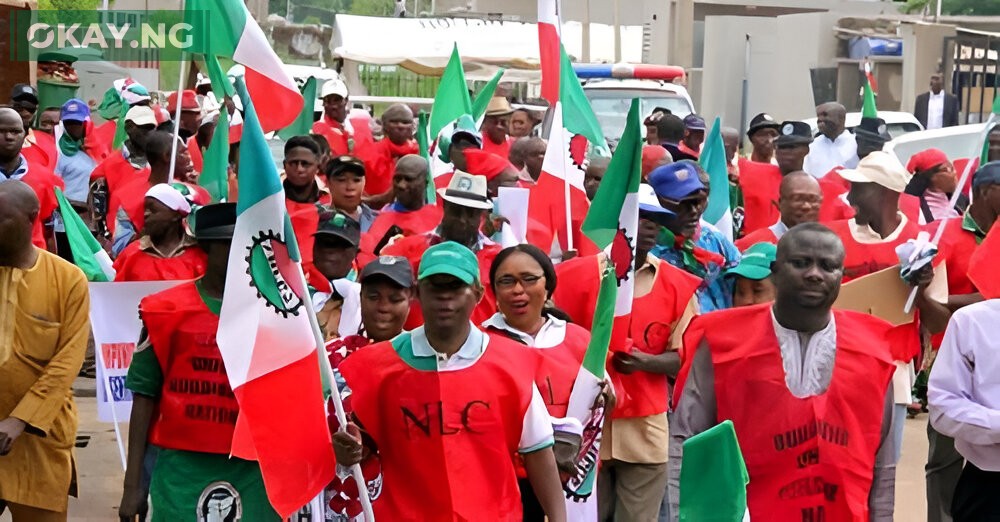The recent nationwide strike initiated by the Nigeria Labour Congress (NLC) and other organized labor groups has had far-reaching effects across various sectors of the nation. As businesses and households grapple with the consequences, let’s delve into the key areas impacted by this industrial action.
1. Oil and Gas Sector
In a show of seriousness, organized labor instructed some affiliates to shut down the oil and gas sector. The Petroleum and Natural Gas Senior Staff Association of Nigeria (PENGASSAN)—which plays a vital role in ensuring the smooth operation of the country’s oil and gas industry—has joined the strike. As a result, oil production, refining, and distribution activities are significantly disrupted, affecting both domestic supply and revenue generation.
2. Power Sector
The Transmission Company of Nigeria (TCN) confirmed that it would join the strike.
Consequently, the shutdown of the national grid has caused blackouts across major cities in Nigeria. Businesses and households are grappling with the adverse effects of unreliable electricity supply.
3. Transportation Industry
Nigeria’s transportation industry is another casualty of the ongoing strike. The disruption is severely affecting:
- Flight Operations: Airport staff, including air traffic controllers and ground handling personnel, are participating in the industrial action, leading to flight cancellations, delays, and chaos nationwide.
- Motorist Movement: The strike is disrupting road transportation, causing inconvenience for commuters and affecting businesses reliant on road transport.
- Train Services: The Abuja-Kaduna Train Services (AKTS) did not operate on Monday, June 3, due to the strike announced by the Nigerian Labour Congress (NLC) and Trade Union Congress (TUC).
4. Judiciary
The strike has brought the judicial system to a standstill. Courts across the country are closed due to the absence of judicial workers. Legal proceedings, including hearings, trials, and other court activities, have been suspended, causing delays in the dispensation of justice. The backlog of cases is expected to worsen, burdening an already strained judicial system.







